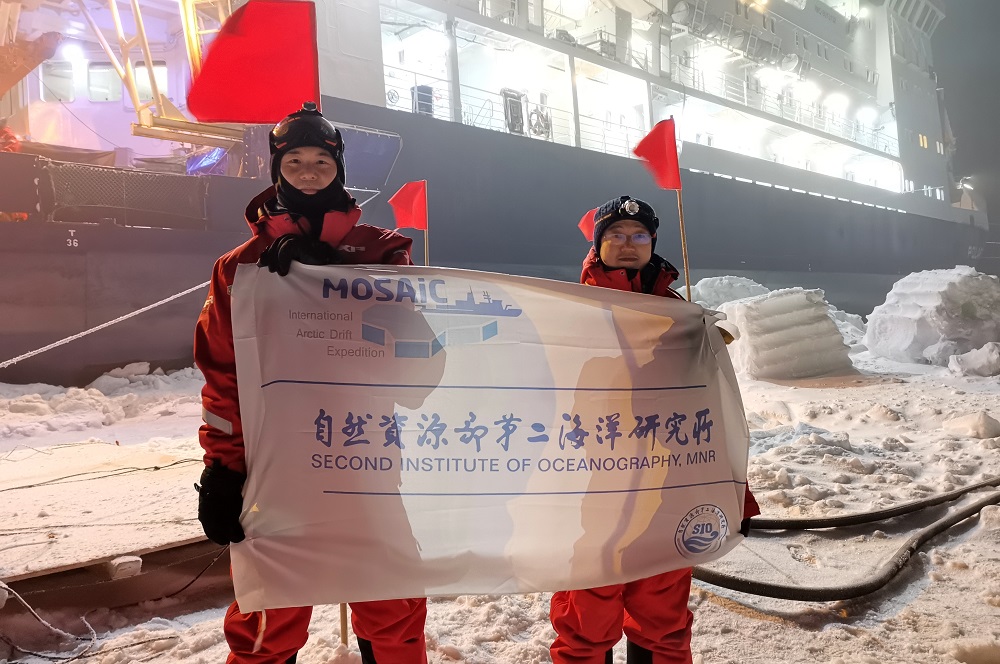News

On November 2, the Chinese Side Achievement Promotion Meeting of Multidisciplinary Drifting Observatory for the Study of Arctic Climate (MOSAiC) Program was held online. More than 30 persons, including Academician Chen Dake of SIO (the Chief Chinese Scientist of the project), various participating units, responsible persons of the project and on-site executors, participated in the meeting.
Participants heard the project progress reports of Chinese participating units on MOSAiC program, covering multiple disciplines such as sea ice, physics and oceans, ecology, biogeochemistry, model. The experts participating in the meeting fully affirmed the results achieved by each project team, carried out adequate discussions and exchanges and put forward constructive opinions and programs for advancement of future projects. In the meeting, issues such as condensing scientific issues, interdisciplinary, international cooperation, were discussed, which was of great significance to further promote planned output of China on MOSAiC and enhance China’s polar scientific research capabilities.
The Multidisciplinary Drifting Observatory for the Study of Arctic Climate (MOSAiC) is the largest Arctic Ocean scientific expedition in history. The program was led by the Alfred Wegener Polar Institute (AWI) in Germany, and more than 600 scientists and engineers from about 20 countries were involved in it. Academician Chen Dake of SIO served as the Chief Scientist of Chinese side, and Researcher Lei Ruibo from China Polar Research Center served as the On-site Coordinator of Chinese side. Meanwhile, 17 personnel dispatched from the Polar Center, the First Institute of Oceanography, SIO, the Third Institute of Oceanography, Ocean University of China, Zhejiang University and other domestic units participated in field operations, which greatly improved ability and influence of China on polar scientific research work. From September 2019 to October 2019, according to the program, a German Arctic scientific research ship entitled “Polarstern” was frozen in the sea ice in the central Arctic Ocean as a temporary scientific research station. SIO sent 5 scientific research personnel to participate in the field operations and collect data and information on the atmosphere, sea ice, ocean, ecology and other disciplines for the whole year, which provided critical information for enhancing understanding the role of the Arctic in global climate change.



